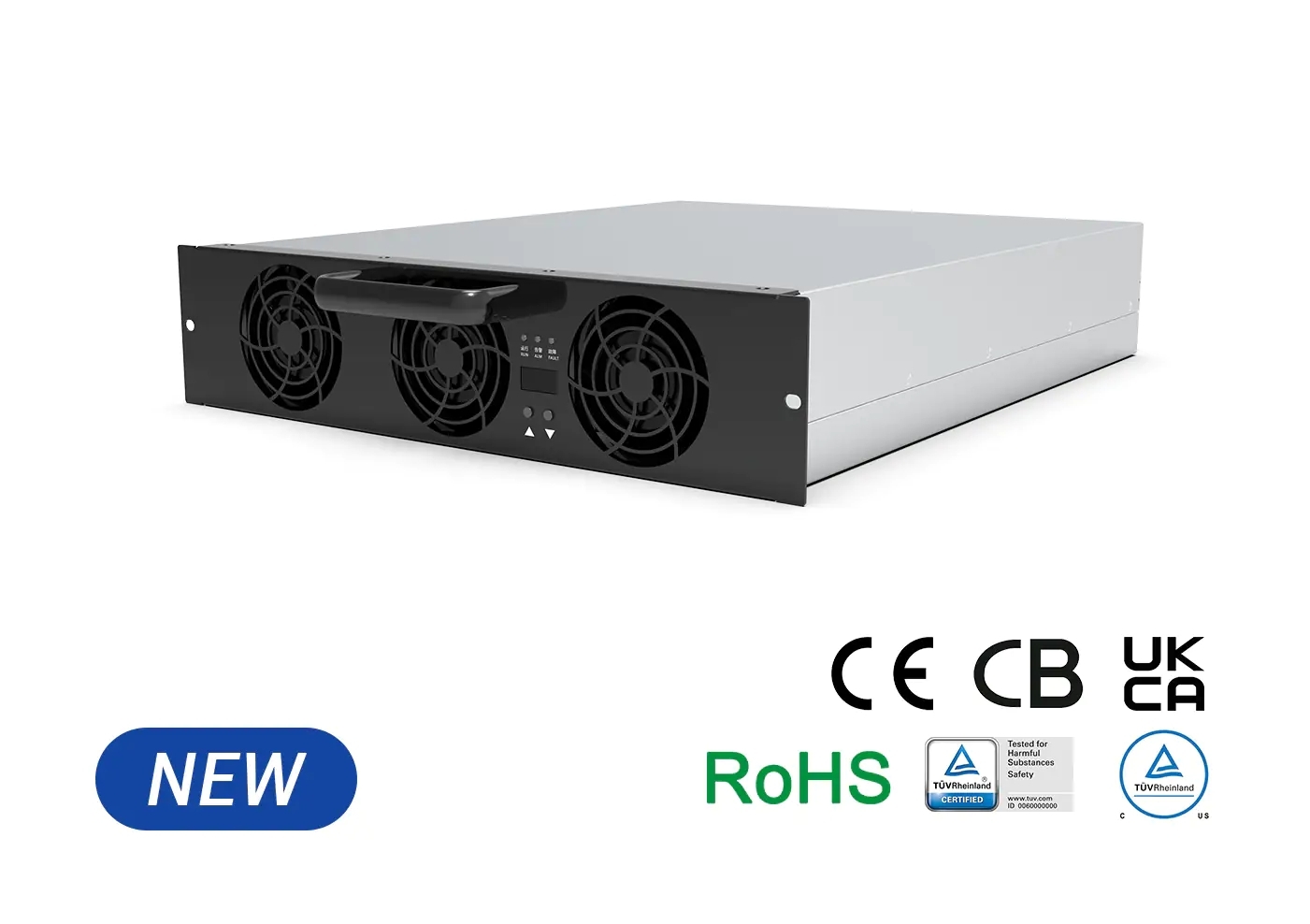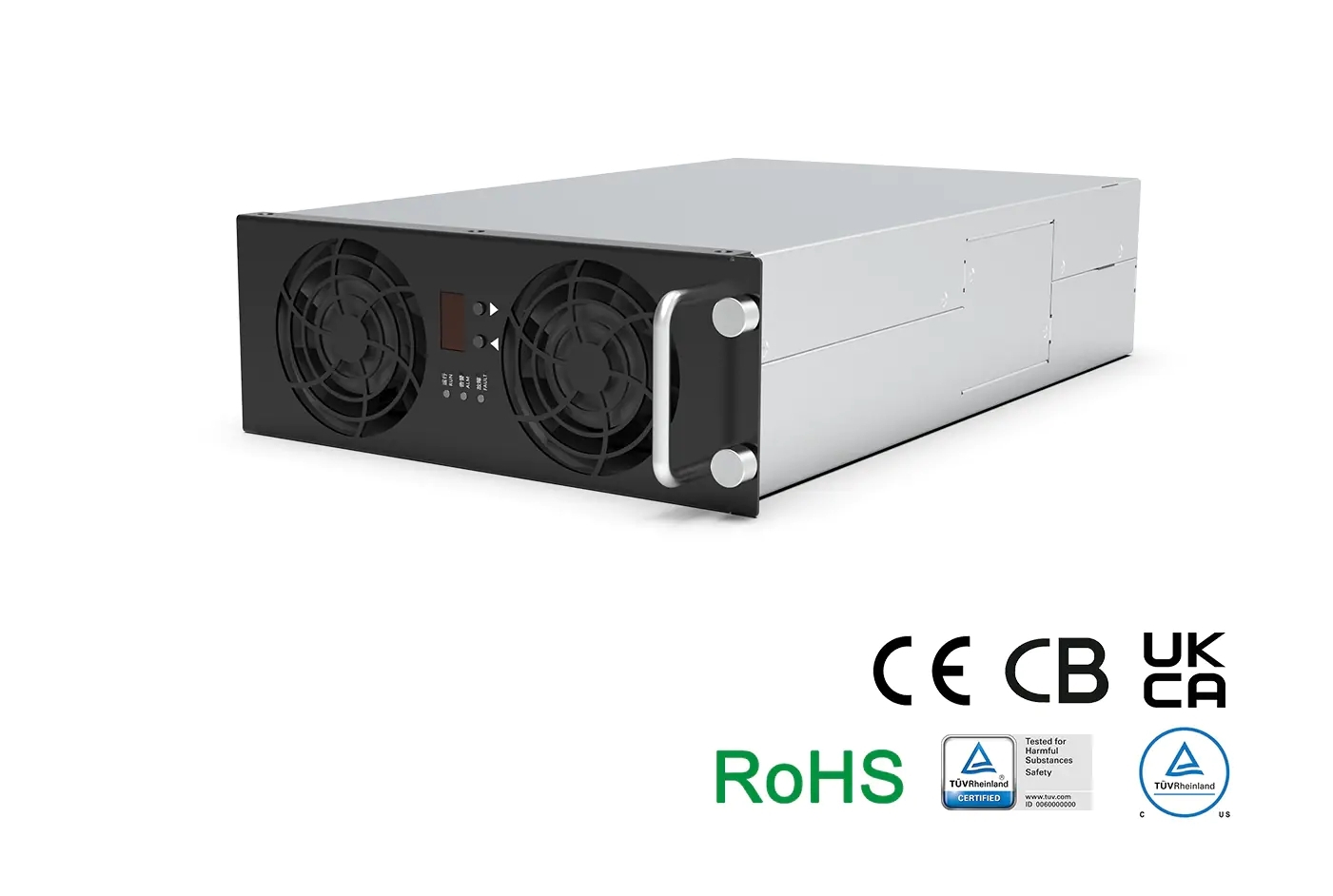The growing popularity of electric vehicles requires a resilient network of robust and efficient EV charging infrastructures. As there are different charging standards applied in regions and countries, which type of charger is best fit in your area?
This article will focus on J1772 vs. CCS, two prominent EV charging standards that are widely applied, giving a comprehensive comparison.
J1772 vs. CCS: What is J1772 Charging?
J1772, also known as the SAE J1772 standard, was developed by the Society of Automotive Engineers (SAE) and first adopted in 2001. The J1772 connector is widely used in North America and is often called the Type 1 connector.
This type of EV charging connector features a distinctive five-pin design: two for delivering the AC power, one for the safe earth-ground connection, and two communication pins that enable the information exchange between the vehicle and the EV charger.
Additionally, J1772 chargers support both Level 1 charging and Level 2 charging. The former takes advantage of a 120 W supply, while the latter enables a higher power utilization of 240 W, which implies faster charging speeds.
They also have multiple safety characteristics to ensure a safe charging experience. For instance, they are designed with a locking mechanism that can secure the connection between the plug and the vehicle, ensuring consistent power charging through a reliable match.
Generally, J1772 charging stations are good for home and public charging for their cost-effectiveness (compared to their DC fast charging counterparts, like CCS chargers below), safety guarantee, and wide vehicle compatibility.
CCS vs. J1772: What is CCS Charging?
The idea of CCS (Combined Charging System) was first introduced in 2011 and is supported by many European and American vehicle manufacturers, including BMW, Volkswagen, Daimler, Ford, and Porsche.
Compared to the standard J1772 design, CCS connectors integrate more pins for fast DC charging up to 350 kW. This way, CCS chargers support Level 1, Level 2, and Level 3 charging that uses direct current to power up the battery directly without the need for the car’s onboard charger.
Typically, there are two versions of CCS plugs, namely the CCS1 plug and the CCS2 plug. The CCS1 is built according to the U.S. SAE J1772 standard that supports single-phase AC connection, while the CCS2 adheres to the European style that supports 3-phase AC connection. For the DC charging part, the design is the same.
Similar to the J1772 charging station, the CCS charger is also equipped with safety mechanisms to ensure a secure and reliable charging experience. Its fast charging capacity makes it suitable for fast charging stations, like mid-journey stops.
J1772 vs. CCS: What is the Difference?
The above talks about J1772 and CCS, respectively, while the following will give a direct comparison of J1772 vs. CCS in certain aspects.
1. Charging Type and Speed
J1772 chargers are primarily used for AC charging at home or public charging stations, with charging speeds up to 19.2 kW for Level 2 charging. At the same time, CCS chargers enable both AC and DC charging, with DC fast-charging capabilities that can deliver up to 350 kW.
2. Connector Design
The J1772 connector features a 5-pin configuration, while the CCS connector has a 7- or 9-pin design, depending on different CCS versions. The CCS1 system combines the J1772 connector and two additional DC pins, while the CCS2 system combines the Mennekes plug and two extra DC charging pins.
3. Regional Viability
J1772 is more prevalent in North America, while CCS can be found in North America, Europe, Asia, and other regions. This regional preference is important in the comparison of J1772 vs. CCS, as these differences require different EV charging designs to charge successfully and properly.
4. Electric Vehicle Compatibility
J1772 has wide vehicle compatibility due to its earlier introduction and reliable performance. Many EV models are equipped with a J1772 receptacle, such as the Chevrolet Bolt, the Nissan Leaf, the Ford Fusion Energi, and the BMW i3.
Meanwhile, CCS is widely adopted in new car models globally. Some automobile manufacturers that adopt CCS sockets in their car models are BMW, Daimler, Honda, Nissan, Volkswagen Group, and more.
5. Costs
The cost difference is another important aspect of J1772 vs. CCS. CCS fast-charging stations tend to be more expensive due to their advanced technology and dual capabilities, while J1772 charging stations are more widespread and often more affordable.
Where to Find High-Quality EV Charging Products
Winline offers a range of EV charging products, including DC fast charging stations and DC-DC charging modules for modern EV charging needs. Here, you may look at two of our notable EV charging modules!
1. UXC100040-40kW 1000V Isolated Unidirectional DC-DC Charging Module
The UXC100040 facilitates fast EV charging with the capability to handle 400-850 Vdc input power and deliver 50-1000 Vdc output power. When working in full load, this charging module still has a high efficiency of at least 97.5%. Additionally, it meets the IEC-61851-21 standard for electromagnetic compatibility in Class B, ensuring reliable performance in diverse conditions.
2. UXC95050B-20kW 950V DC-DC Isolated Bi-directional Charging Module
The UXC95050B bidirectional charging module enables a wide operation voltage range from 200 to 950 Vdc at both the DC bus side and the car battery side. It has a high conversion efficiency of 98.8% and excellent electromagnetic compatibility, adhering to Class B standards of EN61000-6-1 and EN61000-6-3. Enhanced protection, high power density, and a wide operation temperature range are some of its highlights.
Conclusion
In all, the analysis of J1772 vs. CCS can help you better know which type of EV charging infrastructure you should invest in. Winline offers and manufactures different EV charging products, including EV charging stations and EV charger modules. We commit to high quality and high performance at a competitive price. Contact Winline now and let our expert team solve your any other questions. At Winline, you can have the best EV charging solution tailored to your needs!



